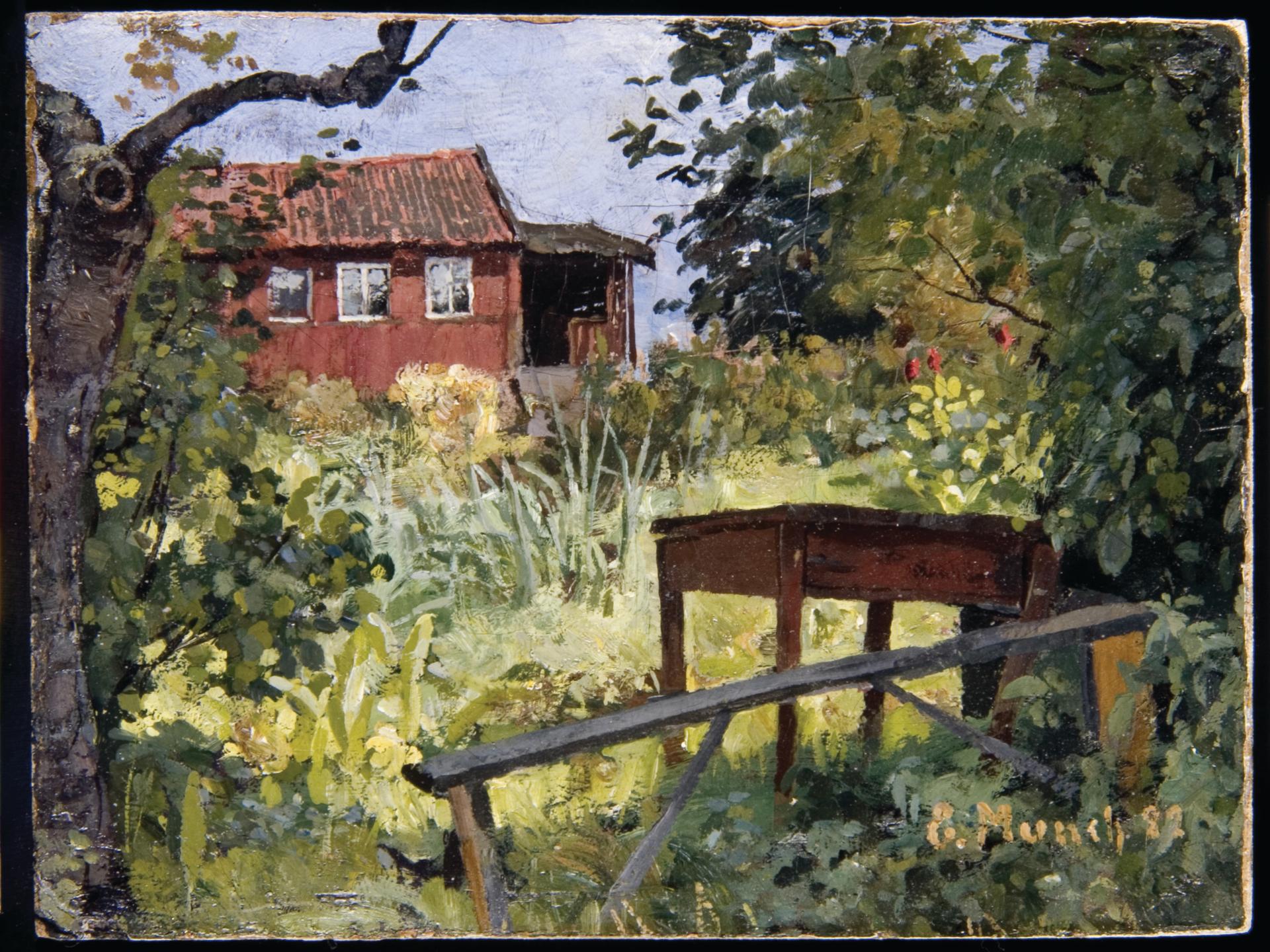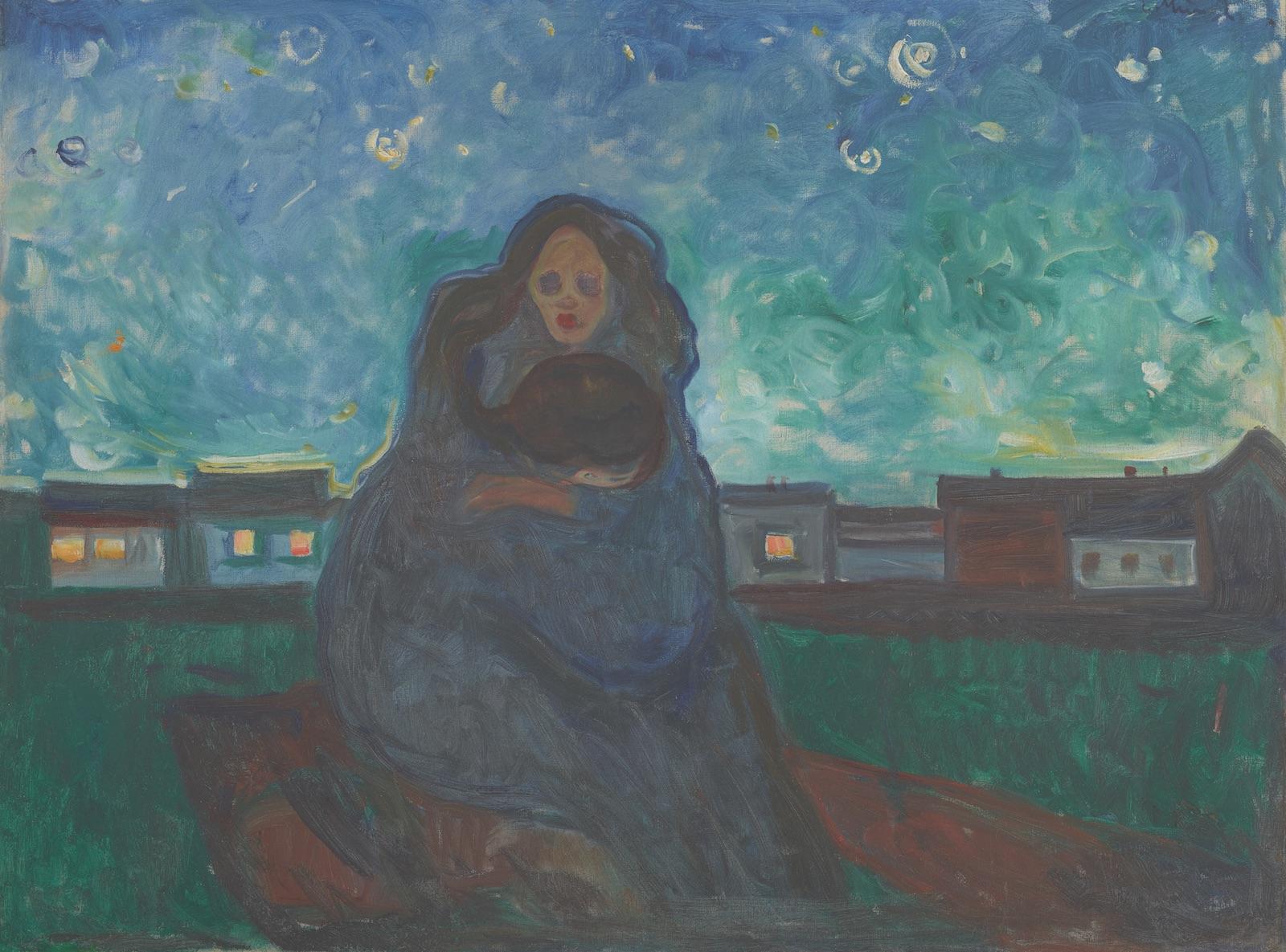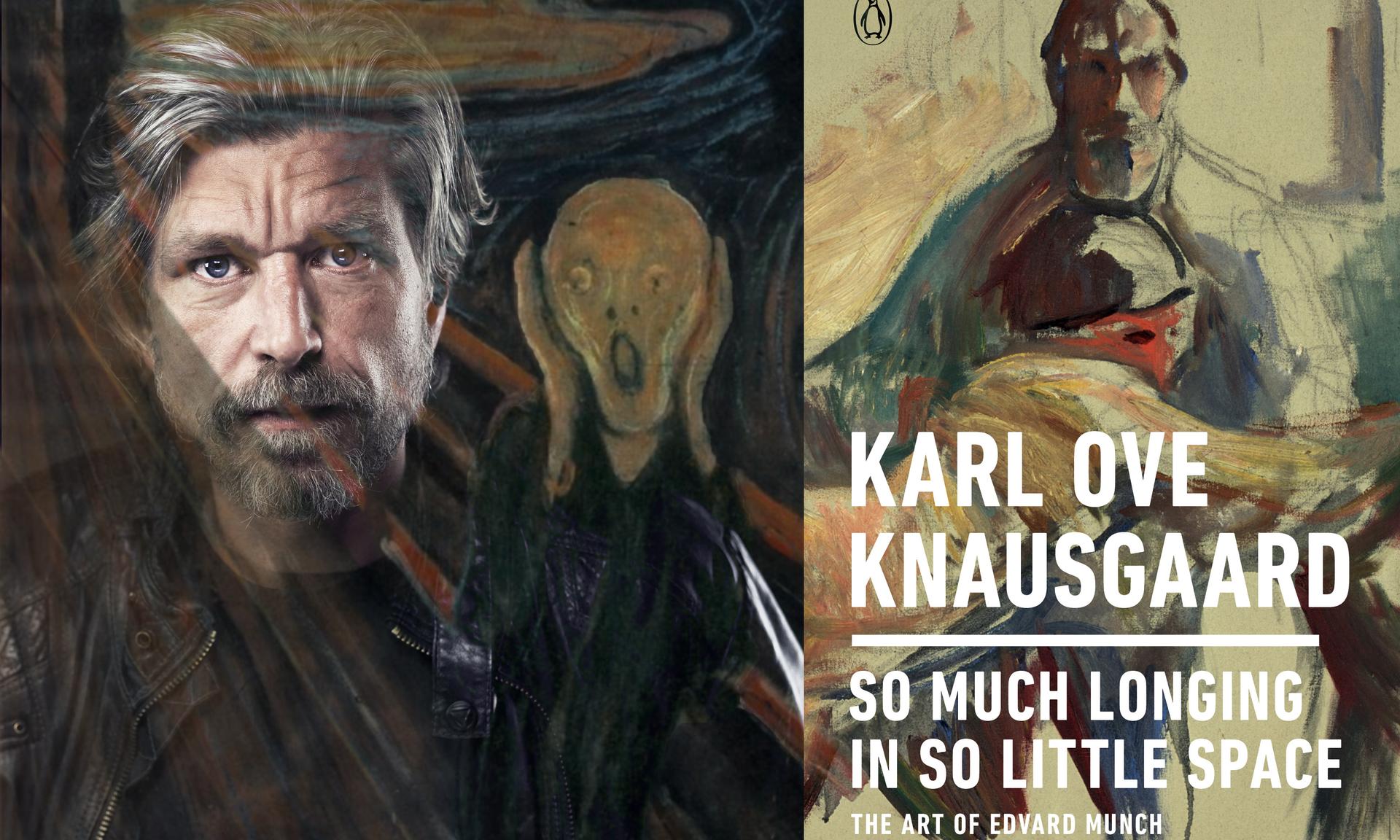Life is but a ‘Scream’: Karl Ove Knausgård on the art of Edvard Munch
The Norwegians.
Growing up in Norway, Karl Ove Knausgård was never far from the paintings of Edvard Munch, his country’s greatest artist. But he only realized their power when he saw Munch’s greatest works in person, including “The Scream.”
“It is a very wild painting,” Knausgård says. “It’s extremely expressive and it’s extremely careless … That makes the painting immediate … It’s anxiety. It’s that experience directly to you.”
Knausgård is best known for “My Struggle,” his immensely popular six-volume autobiographical novel. But his new book, “So Much Longing in So Little Space,” isn’t focused entirely on himself. Instead, it’s a meditation on the creative process, using the art of Edvard Munch as a case study.

Munch, who lived from 1863 to 1944, reinvented his visual language throughout his life. The lovely rural landscape “Garden with Red House” from 1882, for example, is strikingly different from Munch’s anguished, expressionist paintings of the 1890s.

Knausgård commends Munch for continually ridding himself of his familiar habits as an artist. He tells Kurt Andersen that it’s a method that both painters and novelists benefit from.
“If you want to get rid of all the automatic ways in, then you have to do something from scratch so to speak and build something that you haven’t done before,” Knausgård says. “It’s like you do it for the first time. And I think that’s that’s the best place to be in writing…. And I think Munch somehow searched for those places in his painting throughout his life.”
